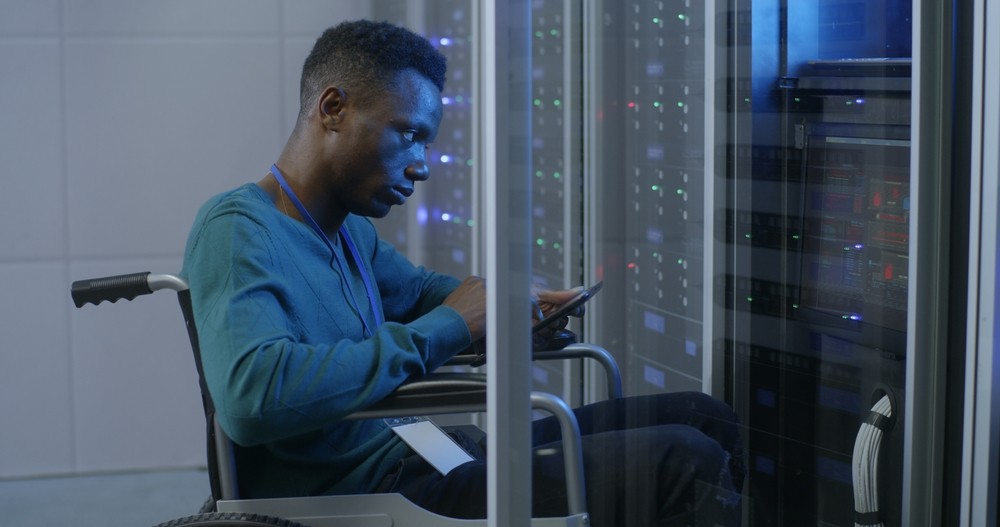BEIS (the Department for Business, Energy and Industrial Strategy) are funding this research project on the non-domestic cooling sector, to look into trends, emissions and innovation potential of decarbonising industrial and commercial refrigeration.
Its aim is to identify innovation levers to facilitate sector-wide decarbonisation and achieve net zero. The work will run for two years and outputs will include roadmaps, sector-specific guidance, training and a programme of events in 2023/4. It’s roadmaps and strategies for end users will be based on a comprehensive data-driven and whole systems evidence base. These outputs will be used to drive forward sector decarbonisation strategies and policies.
The work is being managed by a consortium of experts led by London South Bank University (LSBU). Catarina Marques, PhD FInstR, Senior Research Fellow in the School of Engineering at London South Bank University and Director of the TICR consortium, said: “TICR will guide the industry on its path towards net zero from both end-user and sector-wide perspectives, providing benefits to consumers such as food/IT/pharmaceutical security and climate change mitigation. Our multidisciplinary consortium will foster long term collaborations between industry, academia and government ensuring that the project outputs are widely disseminated”.
Partners in the project include London South Bank University, Carbon Limiting Technologies, the Carbon Trust, Carbon3IT, the Centre for Sustainable Cooling at the University of Birmingham, the Institute of Refrigeration and Star Technical Solutions.
Carbon3IT Ltd is a sustainable ICT consultancy providing energy efficiency and sustainability consultancy including compliance services to the data centre sector, we will be leading the data centre element of the TICR project. John Booth Carbon3IT Ltd said “We are very happy to be part of
this project and we’ll be able to provide a unique insight through our work with other international projects such as EURECA and CATALYST and our involvement with the international standards bodies to create the roadmaps, guidance and training for data centres.
Stakeholders from Government Departments will be involved including BEIS, DEFRA and the Department for Transport. An advisory board to ensure input from business includes trade associations the Air Conditioning and Refrigeration Industry Board, the Centre for Sustainable Road Freight, Chilled Food Association, Cold Chain Federation, The Data Centre Trade Association and Food and Drink Federation. A website (www.netzerorefrigeration.uk) will be launched in January 2023 and will contain information about how businesses using cooling technologies and specialists in the sector can get involved in contributing to the research at an early stage. This will include a sign-up for project updates and news, and information workstreams, timetables, reports and tools.




